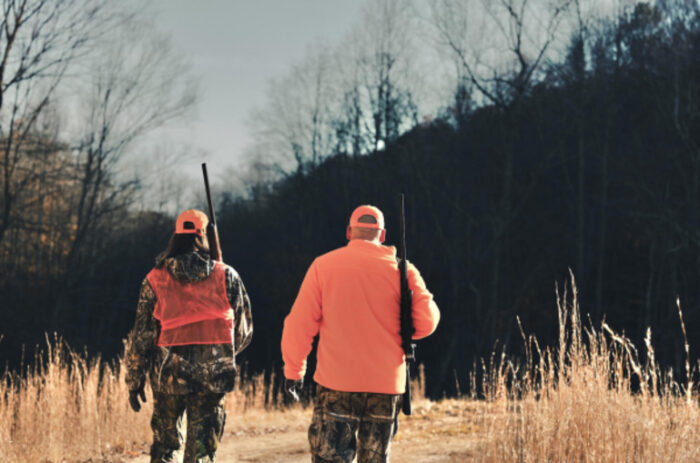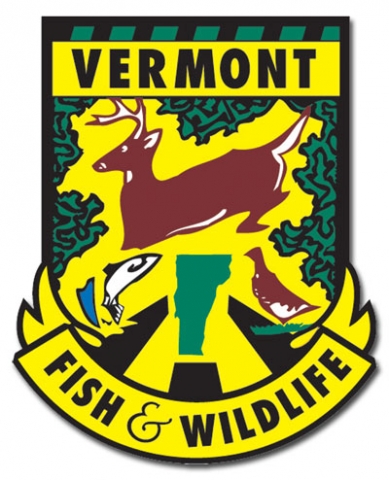Vermont: New Laws on Coyote Hunting with Dogs, Recovery of Game and Furbearers, and Trapping Best Management Practices
Hunters and trappers need to be aware of new legislation taking effect
The Vermont Fish and Wildlife Department says three new hunting or trapping-related laws passed by the Vermont Legislature during the 2022 session are going into effect.
Under the new laws: hunting coyotes with dogs and training dogs to hunt coyotes will be temporarily banned in Vermont starting July 1; the retrieval and use of game and fur-bearing animals by hunters and trappers are now required with some exceptions, and the Fish and Wildlife Department is beginning a process with the Fish and Wildlife Board and Legislature to identify and implement new best management practices for trapping in the state.
“These laws are the outcome of a collaborative approach by legislators and the Fish and Wildlife Department,” said Christopher Herrick, Commissioner of Fish and Wildlife. “Vermonters care deeply and sometimes disagree vehemently about topics like wanton waste, hunting with dogs, and trapping. The three laws passed this session show that good public process backed by good science can guide us towards compromises that benefit wildlife and people.”
Per S.281, hunters will only be able to pursue and take a coyote with dogs if they are on their own property and acting in defense of a person or property, or if they have signed permission from a landowner who has a legitimate defense of persons or property concern. This moratorium on pursuing coyotes with dogs will last from July 1, 2022, until the board is able to put rules in place requiring permits.
The department will not be able to issue any permits until the rules are finalized after a lengthy process that requires several approvals, public notice, and public hearings. The board will begin the rule-making process in the coming months.
When the board rules on coyote hunting with dogs become effective, it will be prohibited to release a dog onto posted land with the purpose of pursuing coyotes and to release a dog onto any land for the purpose of pursuing coyotes if in the previous 365 days a dog has been found on that land and its owner or handler was told to leave by law enforcement. The first violation will result in five points on the hunter’s license and the second and any subsequent offenses will be 10 points.
Per H.411, the requirement for retrieval and use of certain wild animals when legally taken is now in effect. The requirement includes moose, deer, bear, wild turkeys, gray squirrels, cottontail rabbit and snowshoe hare, game birds, crows, and furbearers.
The covered wild animal must be processed as food, fur, hide, or feathers, or used for taxidermy. This does not apply to a coyote that has been legally shot. A coyote or its parts, or parts of any of the other covered wild animals, may not be left along a public right-of-way or highway, on posted property without landowner permission, or where otherwise prohibited by law.
Exceptions include animals unfit for consumption, theft, loss to another wild animal, lack of access because of posting, defense of a person or property, and animals that are sick or diseased.
Per S.201, the department has begun a process to identify new best management practices that modernize trapping and improve the welfare of wildlife taken with the use of traps. This will result in a recommendation from the commissioner to the legislature, and a revision of existing trapping regulations based on that recommendation by the board. Updated trapping regulations from this process are not expected until the 2023 hunting and trapping season at the earliest; no changes to trapping regulations are in effect for the 2022 season.
Links to the new laws are available on the Vermont Fish and Wildlife website.


